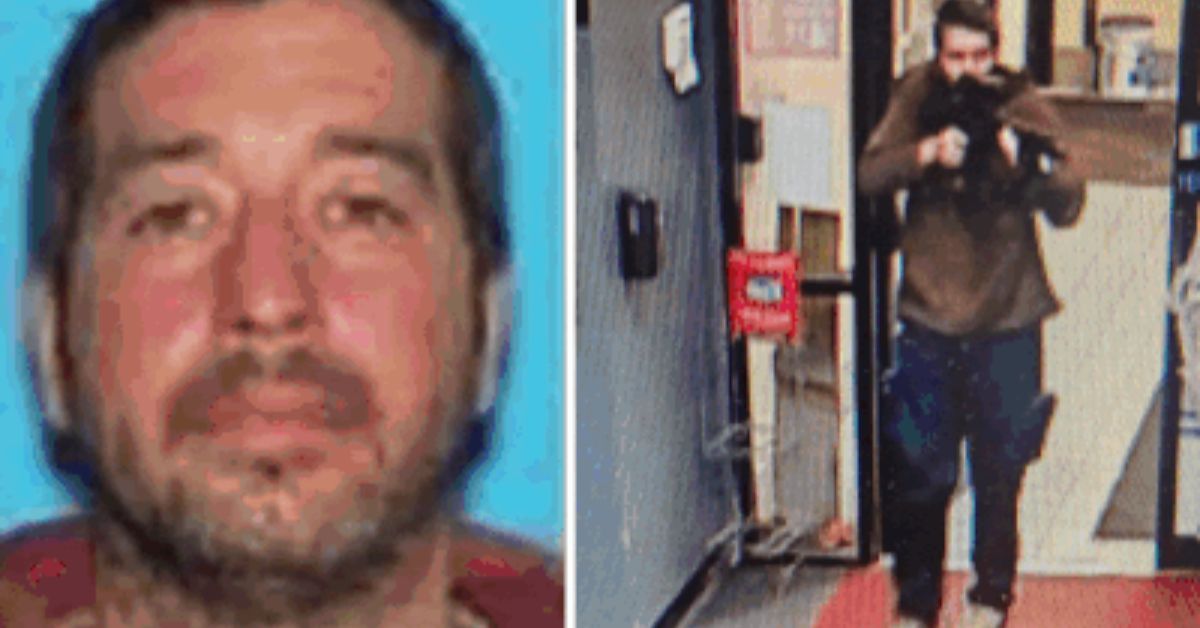A recent study conducted by doctors suggests that Robert Card, the perpetrator behind the tragic shooting in Lewiston, Maine, may have been suffering from traumatic brain injuries. Card, a 40-year-old US Army reservist and certified firearms instructor, fatally shot 18 people in October last year before taking his own life.
According to Army records, Card had no combat deployments. However, doctors revealed that he may have sustained brain injuries during military drills. The Concussion Legacy Foundation disclosed that Card had served as a long-time instructor at an Army hand grenade training range, exposing himself to “thousands of low-level blasts” during his tenure.
This news also, trends on Twitter with posts-
NEWS
Scientists who have examined the brain of the shooter responsible for Maine’s deadliest mass shooting have discovered profound brain damage.
Scientists have concluded that there was repeated trauma to his brain based on scarring and inflammation. They have also used… pic.twitter.com/3WIlu1WOAL
— Yashar Ali 🐘 (@yashar) March 7, 2024
Brain injury experts are cautioning against drawing conclusions from newly released information about evidence of a brain injury in an Army reservist who killed 18 people last year in Maine's deadliest mass shooting. https://t.co/7gsnxJ3rax
— CBS News (@CBSNews) March 8, 2024
The Maine mass shooter who was a U.S. Army Reservist had a traumatic brain injury before he killed 18 people and injured more than a dozen others last year, according to Boston University researchers. https://t.co/Gr4LVixojN
— Boston Herald (@bostonherald) March 7, 2024
Dr. Ann McKee from Boston University’s CTE Center, who led the study, reported significant degeneration, inflammation, and small blood vessel injury in Card’s brain’s nerve fibers. While the study couldn’t definitively link these findings to Card’s behavior in his final months, it’s suggested that brain injury likely played a role in his symptoms.
Despite this, the study found no evidence of chronic traumatic encephalopathy (CTE), a degenerative disease associated with repeated concussions and brain injuries. The Maine Chief Medical Examiner’s office initiated the post-mortem study of Card’s brain following the October incident.

Leading up to the mass shooting, there were indications of Card’s psychological distress. Just three months prior, he was hospitalized and required to undergo psychiatric evaluation. Reports indicate that Card had confided in military personnel about “hearing voices” and thoughts of “hurting other soldiers,” leading to a “command referral” from the Army for treatment.
The US Army deemed Card too unstable to handle a weapon, a fact to be highlighted in the forthcoming testimony of Army officials before a special commission investigating the incident. In a statement released by the Concussion Legacy Foundation, Card’s family expressed deep sorrow and empathy for the victims, survivors, and affected communities, expressing solidarity in their pain and grief.
As investigations continue into the deadliest mass shooting in Maine’s history, questions surrounding the intersection of mental health, military service, and public safety loom large, leaving communities grappling with the aftermath of senseless violence.
Recent News:
- BTB Savage’s Alleged Shooting: Girlfriend Dubbed “True Gangster
- Is YNW Melly Free? Updates on His Murder Trial in Florida
